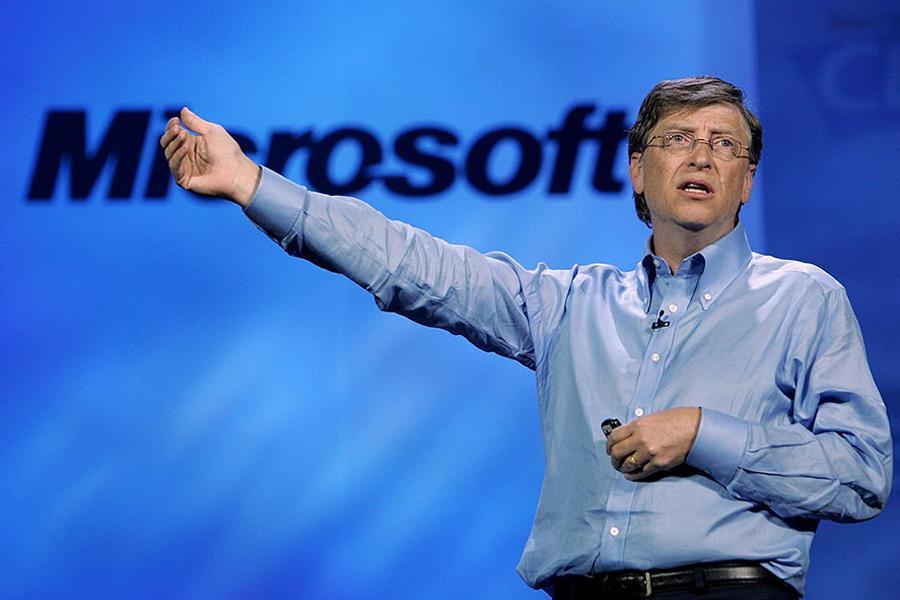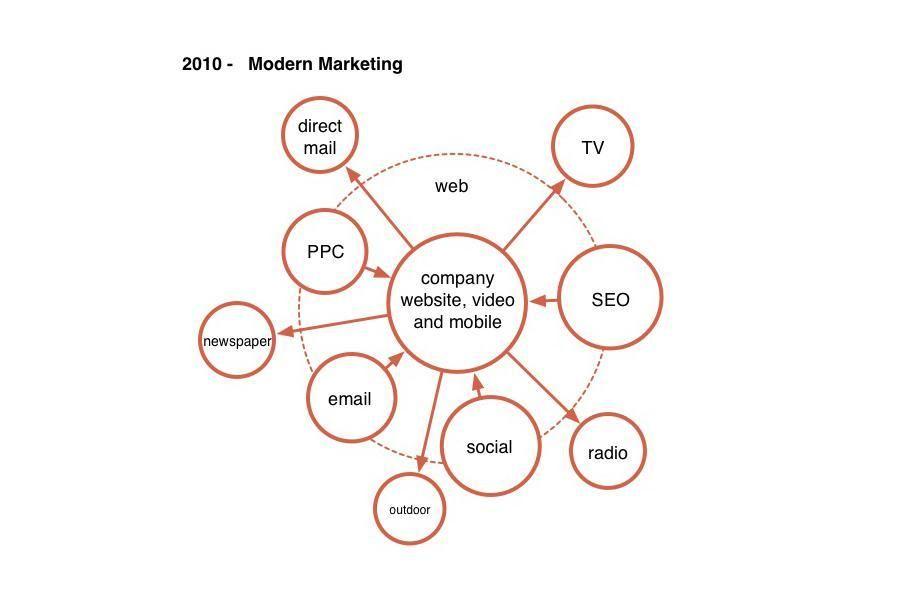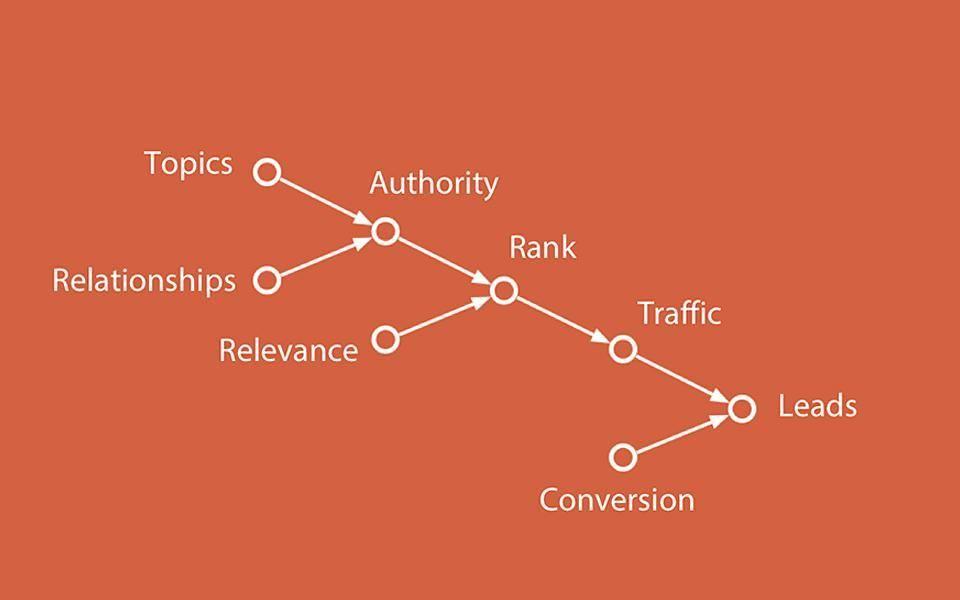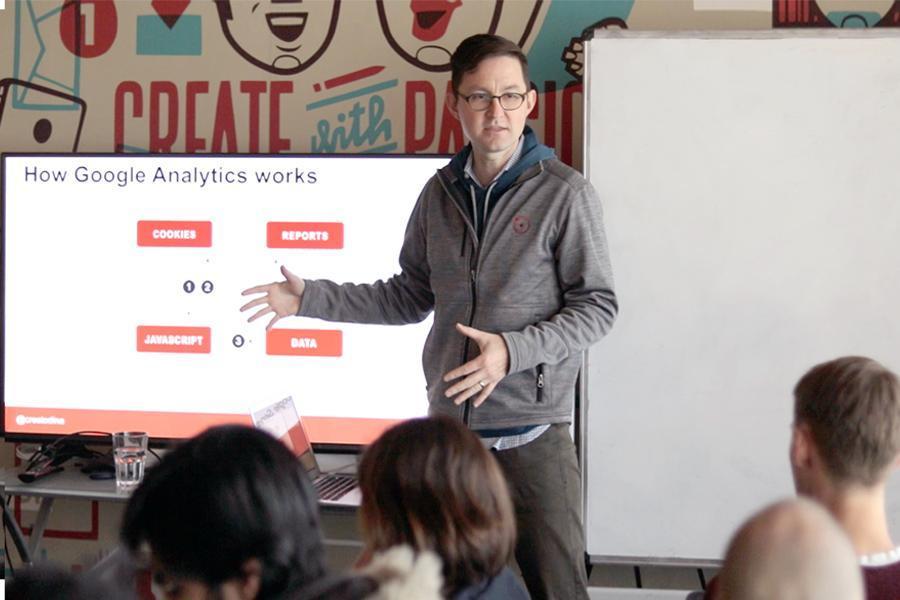Why Content Is Still King in Digital Marketing
2016 marked the year that the most media have been consumed in human history. People watched, read, listened, streamed and posted more media than ever before. People spent on average 456.1 minutes each day digesting information from the internet, be it active search or passive consumption.


UX Designer
2016 marked the year that the most media have been consumed in human history. People watched, read, listened, streamed and posted more media than ever before. People spent on average 456.1 minutes each day digesting information from the internet, be it active search or passive consumption.
Google processes over 228 million searches per hour, and it's said that over 81% of shoppers research products online before making a purchase.
Methods of media consumption is rapidly changing too. We are moving from newspapers, to radios, to TV’s, to our personal computers, laptops and mobile phones. We are now pushing the boundaries of immersive media with Virtual Reality units. It is a rat race for businesses to keep up with the rapidly changing times and emerging technology.
A report by Eldeman Digital investigates these trends in tech innovation and how that impacts on marketing. As we leap forward in tech innovation - businesses have so many more ways to communicate to audiences. It is easy to get distracted by marketing methods such as paid social, influencers, B2B, conversational technologies and Virtual Reality. But at the core of it - the message is important and the content created to communicate that message. Content is still King.

The fact that the world centres around content should not be news. Content is information, and everybody wants information. Bill Gates called it out back in 1996 in his celebrated essay: “Content is where I expect much of the real money will be made on the Internet, just as it was in broadcasting. “One of the exciting things about the Internet is that anyone with a PC and a modem can publish whatever content they can create. Those who succeed will propel the Internet forward as a marketplace of ideas, experiences, and products-a marketplace of content.”

Why Content Is King in Marketing
In the past, marketing was governed by advertising. Businesses would buy space in magazines or buy airtime on television to bring brands right into your home. Advertising would insert itself into your lives to create a hype around a certain product. But now things have shifted. As mentioned earlier, people are avid consumers of information and want to know more, especially about a service or product they want to engage in. This is where content marketing becomes relevant, because content marketing is about creating useful and relevant information with the goal of attracting people to your website and converting them to leads.

Relevant Content Attracts Traffic
The trick to useful and engaging content is to answer a common question your audience has. Visits to your website’s blog means that they want more information, and if you have engaging information, they stay on your site for longer. “This is about the cheese and the mousetrap. If you’re not making money off the internet, you don’t have good enough cheese or mousetrap,” Andy shares with his class. This notion leans on Barry Feldman, a self-titled digital marketing super-freak. It speaks to the idea that focusing on highly unique quality that is authentic will make ‘good cheese’. Also, the more varied forms of content you have, the better. Add video, texts, images and graphs to keep your audience engaged on your site.
Good Content Connects With the Audience
Aside from having content that attracts traffic to your site (and potential leads), it can also encourage loyalty by engaging customers and instilling trust by striking a personal chord. This helps visitors (and potential customers) build a relationship with your brand. Switch to a customer-centric approach and create content that does not shout “look how great we are”, but instead says, “look how useful we are”. Consumers want information, and businesses can give it to them by educating them, giving them tips to achieve success and answering questions. Andy uses this as the benchmark difference between advertising and content marketing: advertising is about creating hype, and content marketing is about helping your audience.
Engaging Content Converts Leads
Once you have good content, the next step is to create a good mousetrap. The mousetrap is your website that turns into lead generation, that is, traffic that converts into an action such as subscribing to a newsletter or contacting you about your services. According to Andy, good content pulls people to your website, and this traffic can turn into potential leads. Leads are the number of visitors on your site who take action, and leads can be calculated in the following way:
Leads = number of traffic X conversion rate

Content With Authority Ranks on Google

The Future of Content Marketing
So we see content is still important, but how long will it remain relevant in a rapidly changing world? “But there are some big trends on the horizon that we need to watch: the digital giants are strengthening their positions. Google and Facebook are virtual monopolies, which creates some challenges for anyone promoting their content. These companies really want us to pay for traffic, so we can all expect changes that will reduce the organic reach of content.” Andy predicts that good content will remain important in the future, “because it aligns so well with how we all prefer to make buying decisions, there is a big place in the future for content. It’s what people search for, share and subscribe to.” The future belongs to those who create and publish the best, most useful information. In the wise words of Andy Crestodina: “Content isn't going anywhere!”
Thanks for reading
If you’re interested in further growth, take a look at our website to learn what your future could look like at Harbour.Space. Lastly, get in touch with us at hello@harbour.space to let us know your thoughts!
